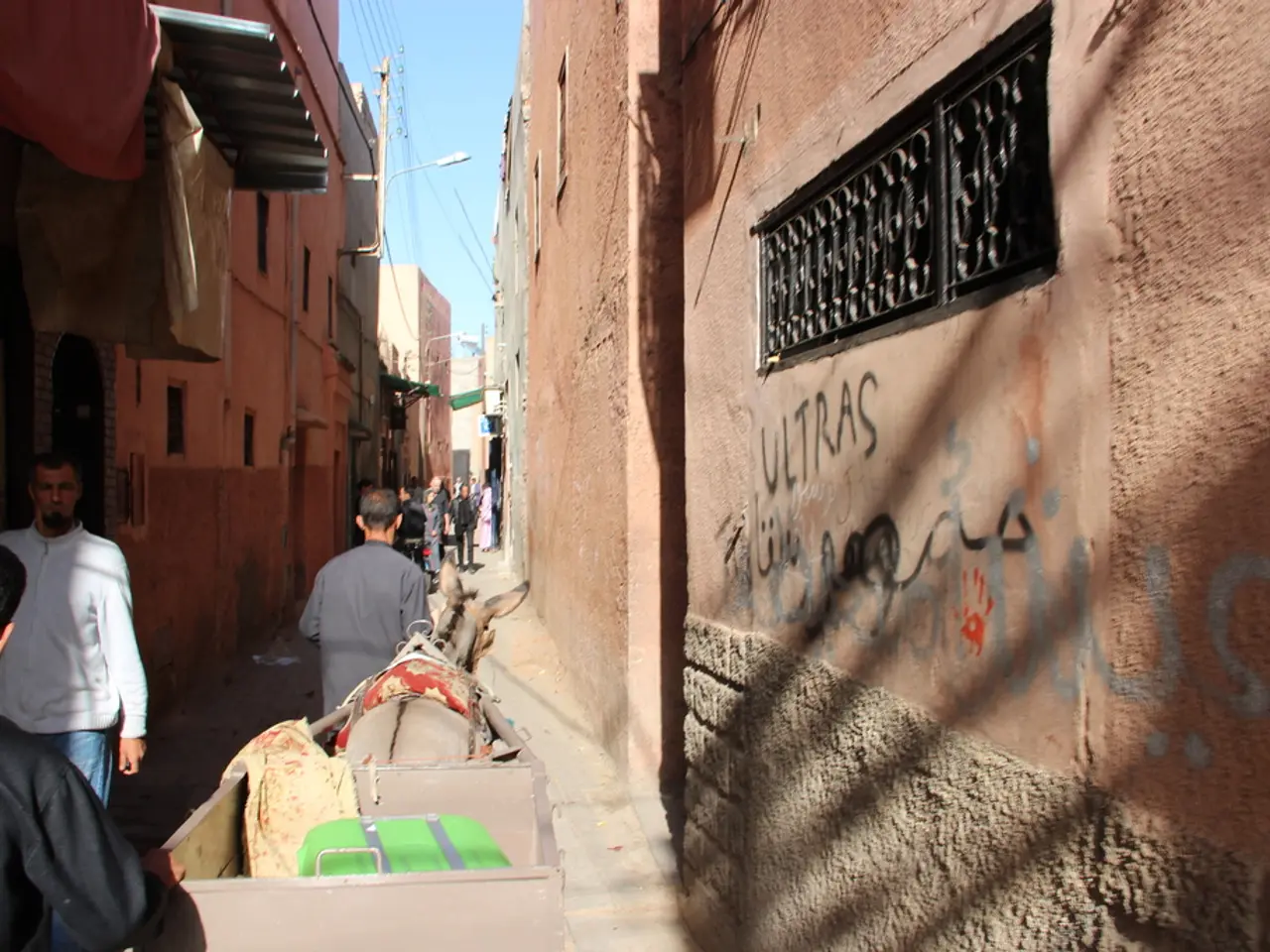United States imposes penalties on Palestinian officials for pursuing judicial matters
In a controversial move, the United States has imposed sanctions on Palestinian officials, members of the Palestine Liberation Organization (PLO), and officials of the International Criminal Court (ICC) involved in investigations related to Israel. These sanctions, which include visa denials to PLO members and Palestinian Authority officials, as well as financial and travel restrictions, have been criticised by international bodies and experts alike.
The U.S. justifies these sanctions as a response to what it perceives as malign and illegitimate efforts by the ICC and Palestinian entities to use international law selectively against Israel and U.S. personnel. However, critics argue that this criminalises Palestinian efforts to seek redress and justice, potentially deepening the conflict and dismantling international law principles.
Dr. Mansour Al-Maswari, a Yemeni academician and Postdoctoral Fellow at Columbia University-Global Center, Amman, writes in his article for Al Bawaba that the U.S. policy towards the Palestinian Authority is a threat to justice, peace, and global stability. He asserts that by punishing the victims and emboldening the occupying power, the U.S. is not conducive to a two-state solution in the Middle East.
Palestinian leaders, including Wasel Abu Yousef, a member of the PLO Executive Committee, strongly rejected the U.S. move, calling it a "clear endorsement of Israel's genocidal war on Gaza" and an attempt "to erase the Palestinian cause." The U.S. has accused the Palestinian leadership of "supporting terrorism" and "undermining prospects for peace," but these accusations have been met with scepticism by many.
Since the outbreak of the Gaza war on October 7, 2023, Israel has faced accusations of crimes against humanity, with over 200,000 Palestinians killed or wounded and thousands still missing. The U.N. spokesperson Stéphane Dujarric condemned the sanctions as undermining judicial independence, a fundamental principle of international justice. The sanctions are seen as impeding the ICC’s ability to function impartially on cases involving alleged war crimes by both Israelis and Palestinians.
Internationally, these U.S. sanctions have drawn criticism, notably from the United Nations. France, Canada, and 14 other countries have urged joint recognition of Palestine and an immediate Gaza ceasefire. As the situation reflects ongoing tensions regarding accountability, sovereignty, and the legitimacy of international legal mechanisms in the Israeli-Palestinian conflict, it remains to be seen how this will unfold in the future.
Dr. Al-Maswari holds a Ph.D. in English Comparative Literature, an MA in Political Science, and another in English. His extensive experience in university-level teaching, research, and copy-writing makes him a valuable voice in the discourse on this contentious issue.
Read also:
- Massive 8.8 earthquake hits off the coast of Russia's Kamchatka Peninsula, prompting Japan to issue a tsunami alert.
- Court petitions to reverse established decision on same-sex marriage legalization
- Proposed Standardization of Food Labeling Laws Among Member States by the Commission
- Current News: AfD Achieves 26% - Union Dips to Laschet's Level








